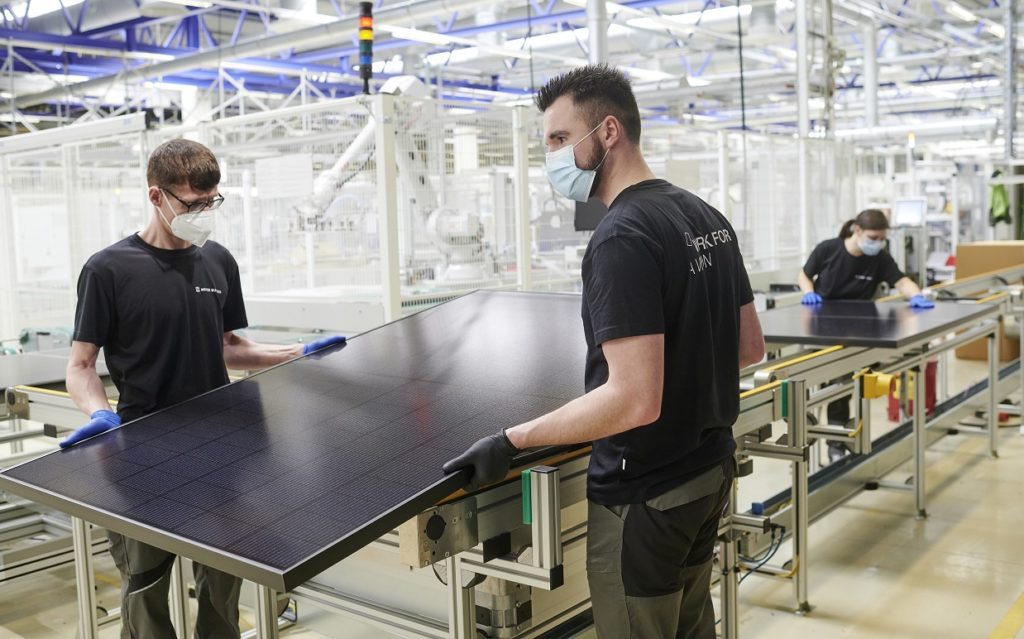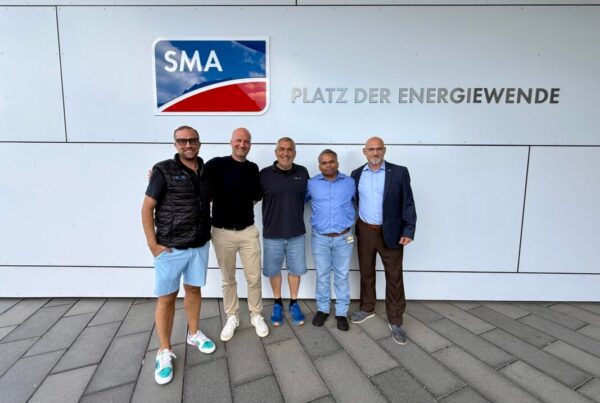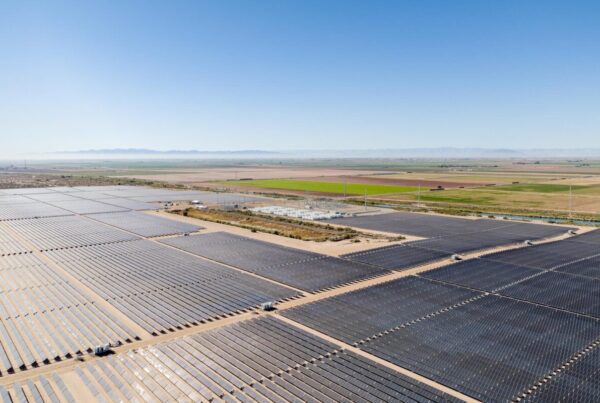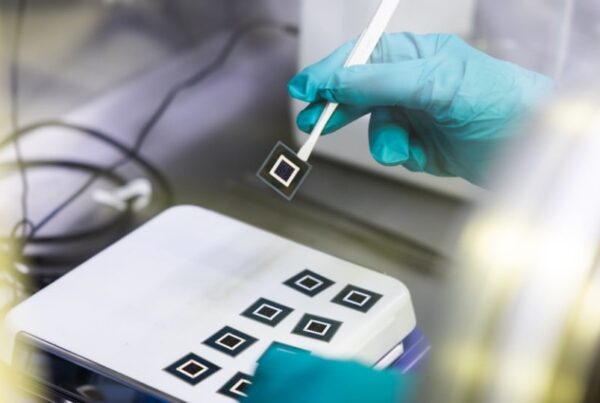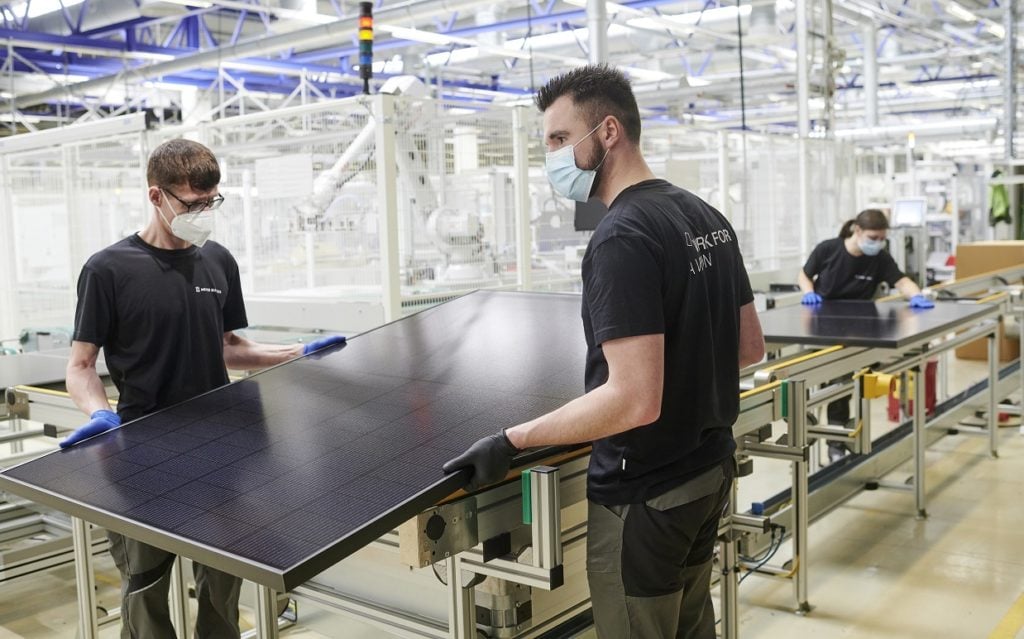
Swiss heterojunction cell and module manufacturer Meyer Burger has landed a long-term supply agreement for up to 5GW of PV modules with D. E. Shaw Renewable Investments (DESRI) as it cut its losses in H1 2022 compared with the same period last year.
The company has signed a binding agreement to supply at least 3.75GW of solar modules, manufactured at its Goodyear, Arizona site, for DESRI’s large-scale projects. Delivery of the modules are expected between 2024 and 2029.
Under the agreement, DESRI, which will make a “substantial annual down payment” to facilitate the module production, has a first right of refusal to increase the contract quantity to 5GW as well as to enter into a contract extension beyond the five-year term.
“DESRI and Meyer Burger intend to develop their cooperation into a long-term partnership in the field of solar module supply,” Meyer Burger said in its H1 2022 financial statement.
That statement also revealed that the module maker had cut its net losses to CHF24.4 million (US$25.5 million), down from the CHF30.9 million loss (US$32.3 million) it made in the first half of last year.
In order to meet DESRI’s demand, Meyer Burger is planning to increase its module production capacity, financed via potential capital measures, even as it recently slashed its production forecast amid supply chain uncertainty.
Meyer Burger’s original business plan has not included any capacity expansion in the short-term, but with the DESRI contract now secured and other supply-side factors, such as longer lead times for equipment and growing working capital requirements, representing a potential hinderance, it has decided to move its financing plans forward.
As part of this, Meyer Burger is considering a potential capital increase to the tune of roughly CHF250 million (US$261 million) to be launched in the coming months in order to finance the planned capacity expansion, the company said, adding that details of the raise would be provided in an upcoming extraordinary general meeting.
It is planning to add new equipment to its US factory in order to reach a nominal capacity of approximately 3GW by mid-2024. It is also planning to expand the Goodyear site to 1GW annual capacity for utility modules in line with the contract with DESRI as well as increase its solar cell site in Germany – Thalheim – by an additional 1.5GW.
The company said its expansion plans in the US would be supported by the recent passing of the Inflation Reduction Act (IRA) by the Biden administration. The IRA, Meyer Burger said, would “provide significant financial support in form of a tax credit for the manufacturing of components along the solar value chain in the USA”.
“The tax credit amount for each solar module produced is equal to the product of US$0.07 multiplied by the nominal power of the module.”
PV Tech Premium has examined how the IRA looks set to “dramatically change” the US solar manufacturing landscape through its incentives schemes, with a massive increase in production capacity and deployment expected as a result.


